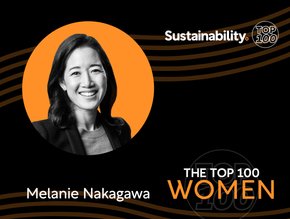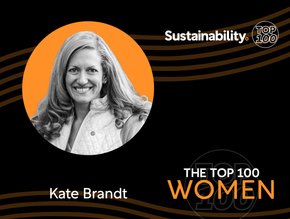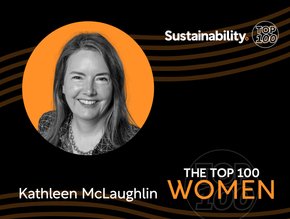World Bank says SDG to end poverty by 2030 may be impossible

The United Nation's first agenda in its current Sustainable Development Goals, which replaced the Millennium Development Goals in 2015, is to end poverty by 2030. However, the World Bank reported that the economic effects of COVID-19 may have caused the first significant increase of people living in extreme poverty in decades.
The World Bank’s Atlas of Sustainable Development Goals shows the number of people living in extreme poverty fell from 1.9 billion to 689 million as the global population grew from 5.3 to 7.5 billion from 1993 to 2017. Prior to the Covid-19 pandemic, it had predicted that the UN’s first SDG was on target to be reached by 2024, six years early. The economic impact of Covid-19 has
Now, with more than 100 million more people pushed into extreme poverty, even with the most optimistic scenario, 6.1% of people would likely remain there by 2030.
How can businesses help the UN achieve its zero poverty SDG?
Businesses have been proven instrumental in reducing poverty by growing economies and creating jobs. There are many sustainable ways that companies can contribute to greater social and economic equality in the communities, from technological innovation to ethical supply chains.
There are four simple options. First, charity; second, price reduction; third, employing more staff; and fourth, empowering their current staff by offering training, support, or better wages. Companies can deep-dive more with the more feasible third and fourth options.
Companies can start to nurture a culture where they can better identify, integrate, and empower low-income job seekers. Start embedding inclusive employment goals and targets within operational plans. Create simple job application alternatives that are inclusive for many layers of the communities and introduce peer mentorship for a better onboarding process.
Companies can also embrace the various terms of employment that enable flexibility and quality learning, such as paid on-job training. For the long term, offer life skills training, collaborate with external partners to provide supporting employees services, as well as the often forgotten transportation supports.
Probably the single biggest thing corporates can do to help is to drive efforts for digital inclusion, as the resulting economic benefits empower communities to lift themselves out of poverty by allowing them to participate in the connected global economy. You can learn more about how your company can do that by reading our coverage here.
• Join global business leaders and sustainability experts taking meaningful action at Sustainability LIVE, held at Tobacco Dock, London, 23-24 February 2022. Register to attend today! Click here to learn more.






